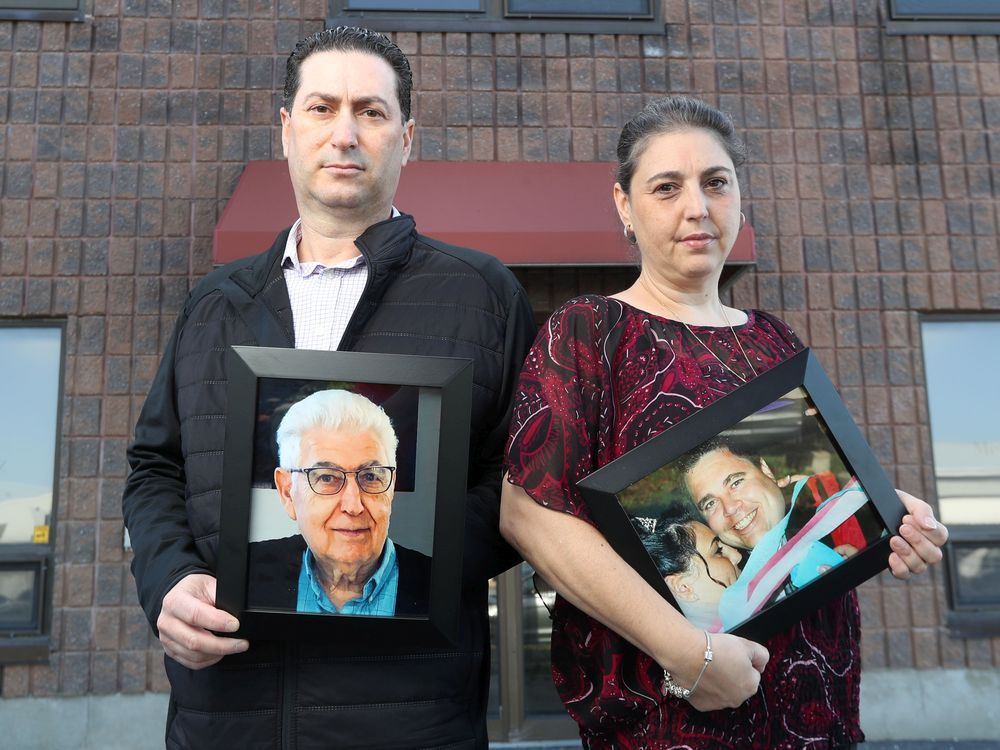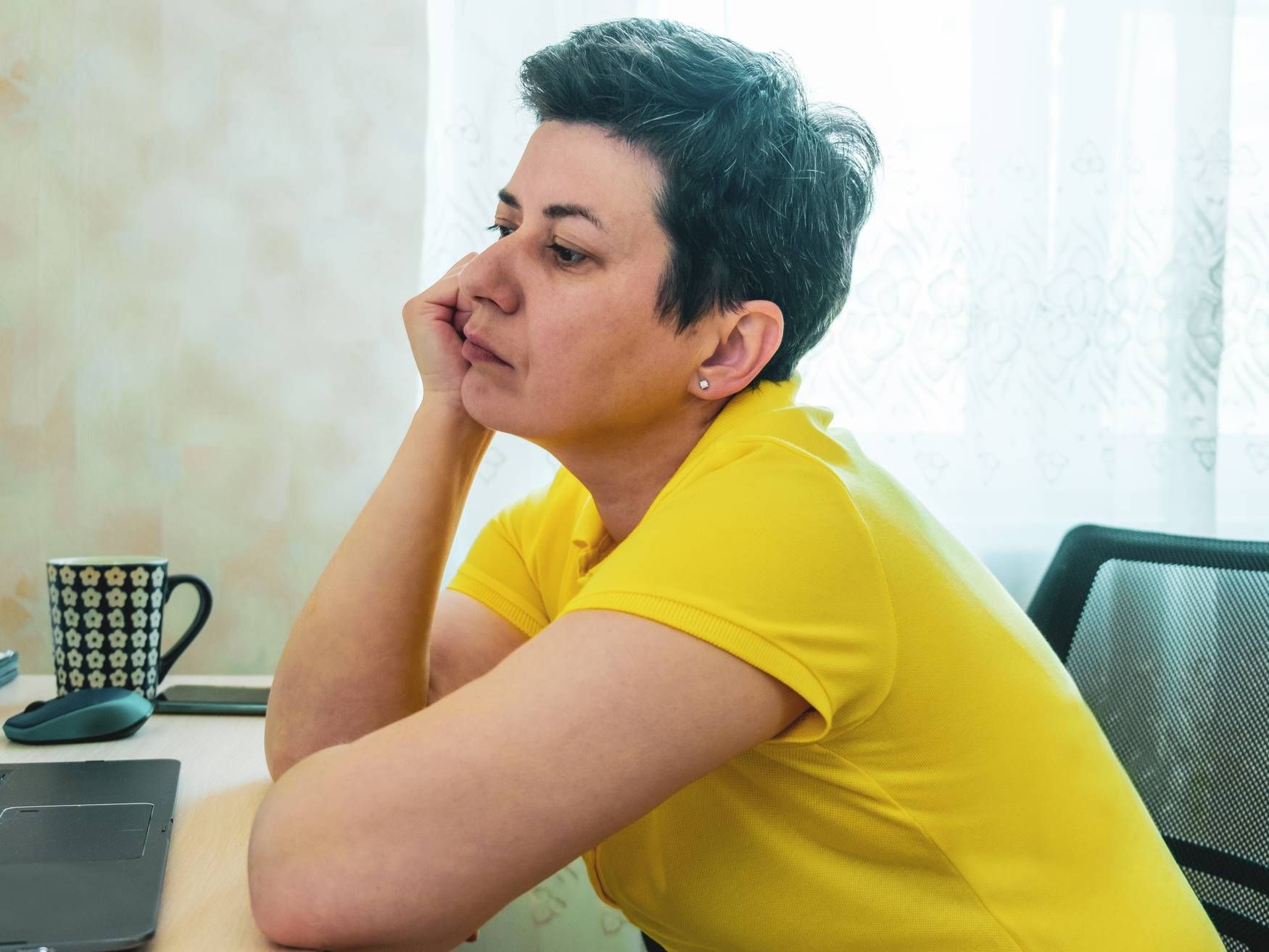by alexandra campbellmy husband and i sorted out our prenuptial agreement, our wills and our powers of attorney on the same day. we left our lawyer’s office with a sense of accomplishment; through careful planning, we had defended against the uncertainty of the future.our newly minted documents had lent a bit of the strength we were feeling in that moment to future moments of vulnerability. those future moments were blurry, though, out of focus. in our late 20s and early 30s (respectively), problems of poor health, marital discord and death seemed only theoretical. i struggled to imagine feeling less healthy, capable and content than i felt at that time.and so, when contemplating those oft-reported-but-as-yet-unknown-to-me adverse events, i pictured going through them as my then-self, the only self to which i had access, even though it would be a different me, a “sadder and wiser” me, going through those things.over the years, i have had reason, thankfully only professionally, to consider the topic of substitute decision-making within health care; to think critically about the powers of attorney that my husband and i had established; to revisit the instructions i had given him regarding how to make decisions for my medical treatment should i become incapable. in so doing, i began to question a fundamental tenet of substitute decision-making – namely that the wishes of my capable self are the best indication of the treatment that i should receive when incapable.being incapable to make a treatment decision, according to ontario’s consent and capacity legislation, means being unable to understand information relevant to the proposed treatment and/or to appreciate the consequences of choosing to have, or forego, that treatment.there is a temptation to think of one’s incapable future self as the person one is today but only somehow prevented from expressing one’s wishes. however, that approach fails to acknowledge that we may be very changed; an incapable future me would be different, perhaps profoundly different, from who i am now. whether due to stroke, dementia, mental illness or a coma, the version of me who cannot understand the fundamentals of my treatment options or appreciate what it would mean to have treatment a, treatment b or to allow nature to run its course has undergone significant transformation. i may not perceive the same hardships as intolerable. i may not find the same pleasures delightful.what if, by expressing a wish for future treatment, i bind myself to a course of action based on values that my now incapable self does not care about at all? what if i tell my husband that as long as i can listen to my favourite music, read a book in the sunshine or hug our children, i would want any intervention that could sustain my life, but when incapable and in need of substitute decision-making, none of those activities brings me much joy?conversely, what if, while incapable, everyone close to me says, “the alex i know would not want to live like this. she would find this state to be undignified,” and yet i, in my state of incapacity, am not at all troubled by the level of care that i require and feel quite content? whatever is causing me to not understand information about my treatment, or to be unable to appreciate the consequences of a treatment decision, may prevent me from appreciating the extent of my dependence, or to care about it.some might say that this is
precisely why we need advance care planning – so that i do not let my future self be sustained in a way that my capable self considers undignified. but if my incapable self is entirely indifferent to those once-considered indignities, whose interests are we protecting by honouring this previously expressed wish?it began to seem to me that instructing one’s power of attorney involved a problem of timing. i could instruct my husband with respect to how to make medical decisions on my behalf, but the instructions could not be contemporaneous with the need for them, nor given by the version of me who needs the help.while seeking a workaround to bridge my current and future selves, a kind of deus ex machina emerged in the form of a well-known quotation, attributed variously to shakespeare, the bible and other sources:
the eyes are the window to the soul. forget specific instructions about various conditions; i would instruct my husband to make my medical decisions according to what he could perceive from my eyes. even if i were unable to speak, he would know from my eyes if i had had enough. he would be able to see from my eyes if i still derived joy from life or if my days were filled with suffering.i felt proud of my stratagem, though aware it could only succeed if my husband remained able to carry out this role; i could not expect anyone else to do the requisite soul-searching. still, i thought the plan was good, deceptively practical and, frankly, romantic. that is until someone problematized it entirely with a few pointed questions. what if, he asked, you were going through an absolutely horrible time and your eyes were communicating pure misery, but everyone around you knew that after a few hard months you would get better? what if your recovery might take years, but you could have decades left to live? how should your medical decisions be made then, if your eyes were pleading for mercy but you could not appreciate the hope others knew to be legitimate?as i write, i still do not know how best to approach advance care planning and remain concerned that, in its pursuit, we delude ourselves with an exaggerated sense of personal sameness in spite of circumstance.ultimately, it seems that there are too many unknowns to give my husband much direction about how to make future health-care decisions on my behalf. the problem seems to have become less about collapsing time and more about accessing knowledge that is, or would be, necessarily foreclosed and yet essential for me to give instructions, or for him to make decisions.importantly, there are certain people who do have unique access to such information and i believe advance care planning can serve them well. those with relapsing and remitting conditions, physical or psychological, that involve periods of incapacity are uniquely positioned to do highly effective planning with respect to future relapses. the experience of going there and back and being likely to go there again allows a vantage from which to say, “this is what i want when i cannot make my own choice.” additionally, those who know they will eventually enter a state of minimal consciousness may plan for substitute decision-making with less concern that their priorities and preferences when incapable will conflict with their wishes and values when capable.as for me, i think my husband would make the right decisions on my behalf should the need arise, but not because of any instructions that i have given to him.
this article is republished from healthy debate under a creative commons license. read the original article.
 5 minute read
5 minute read









